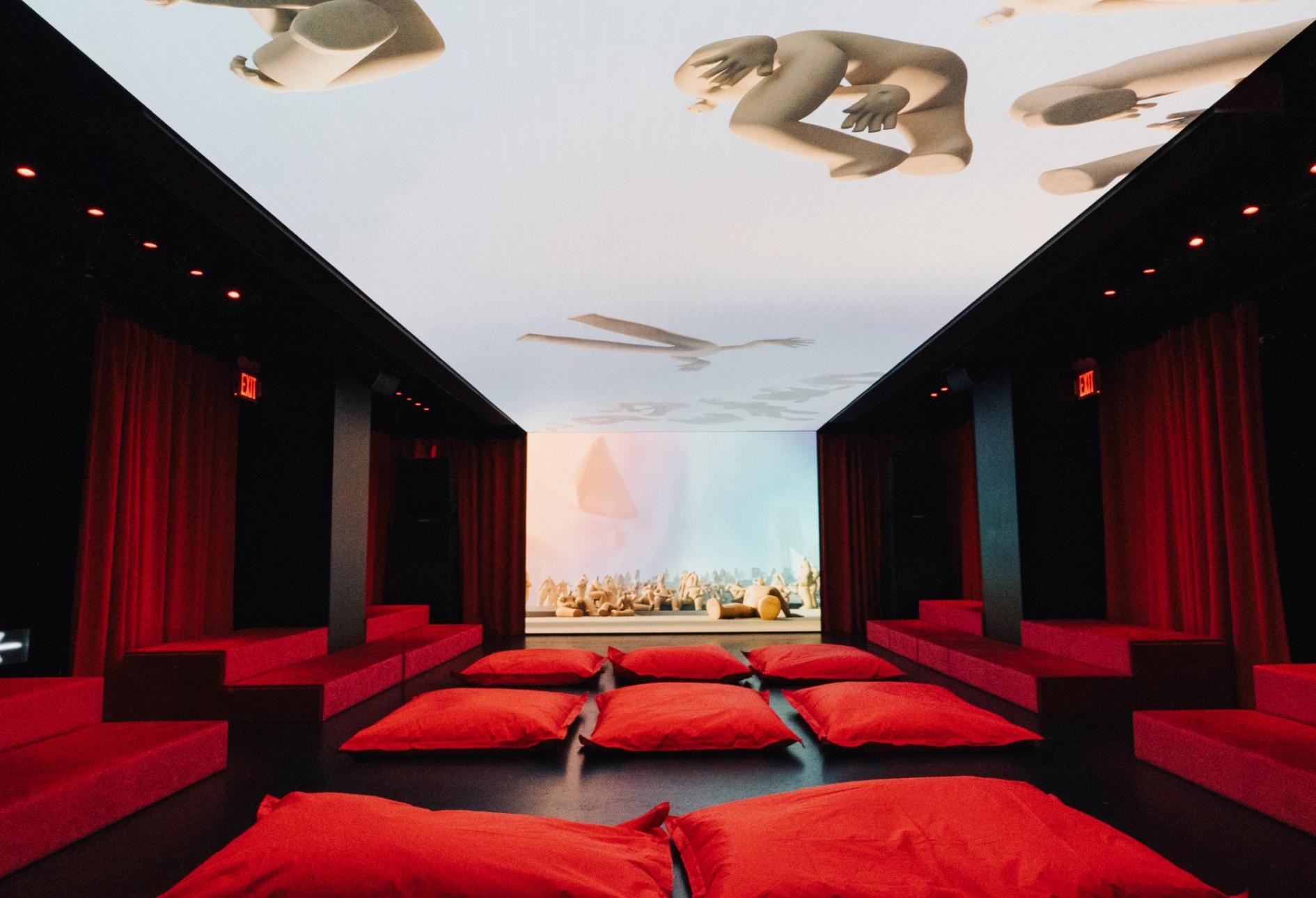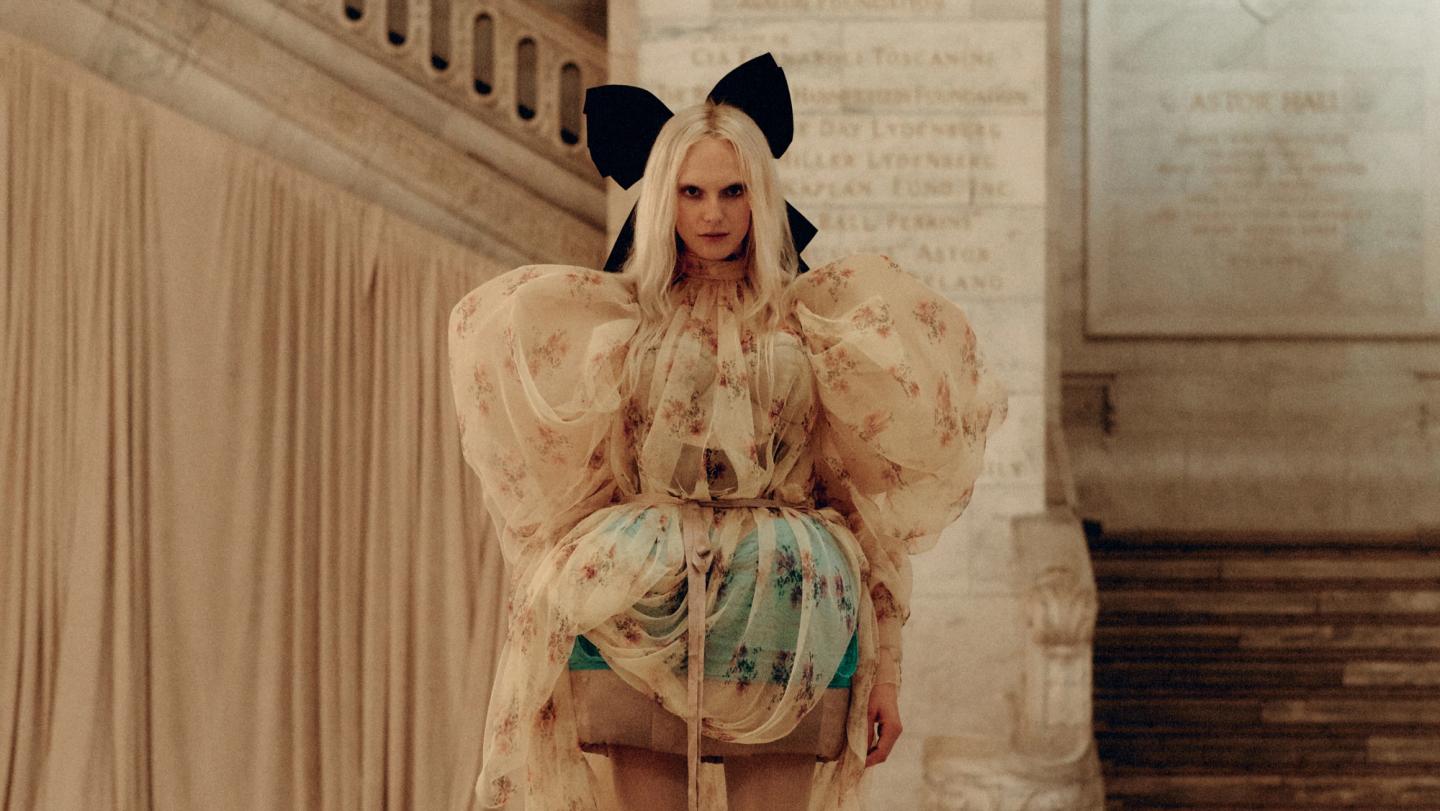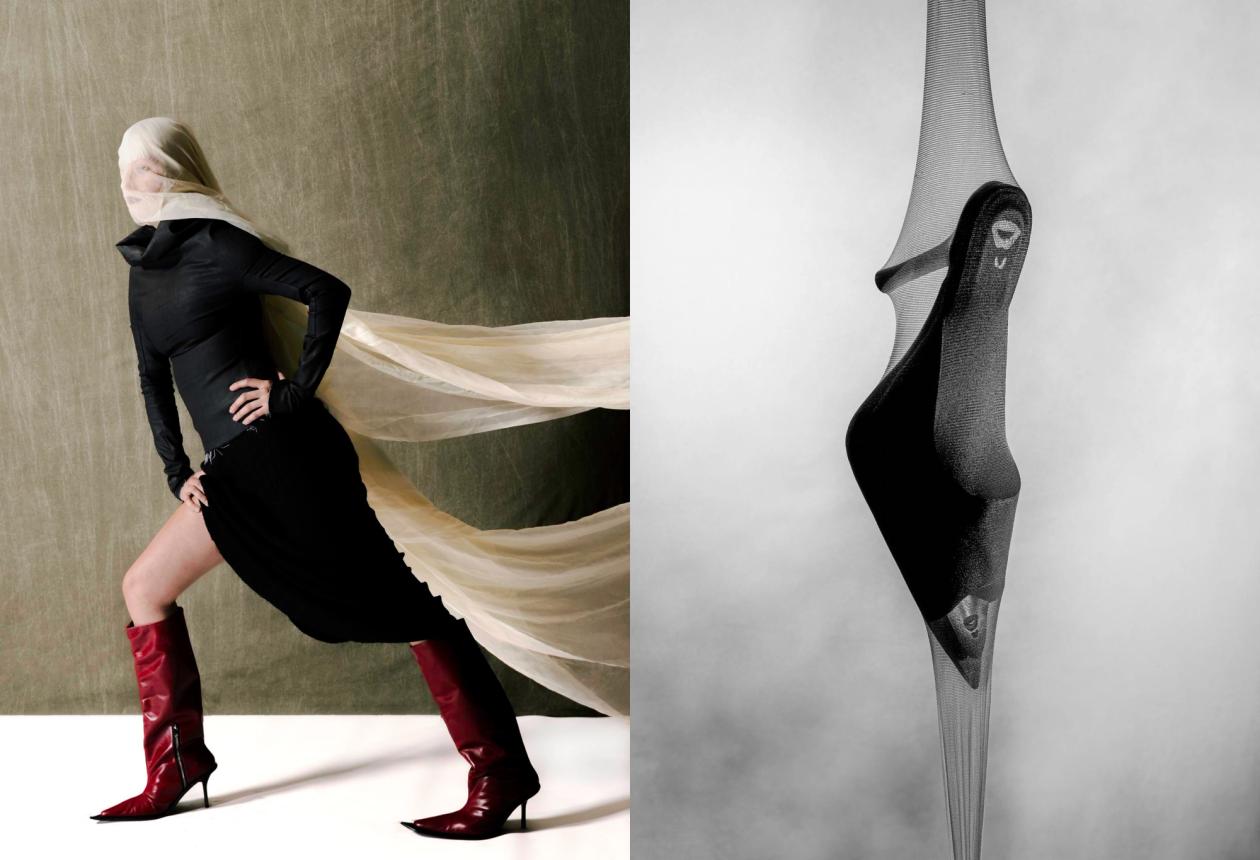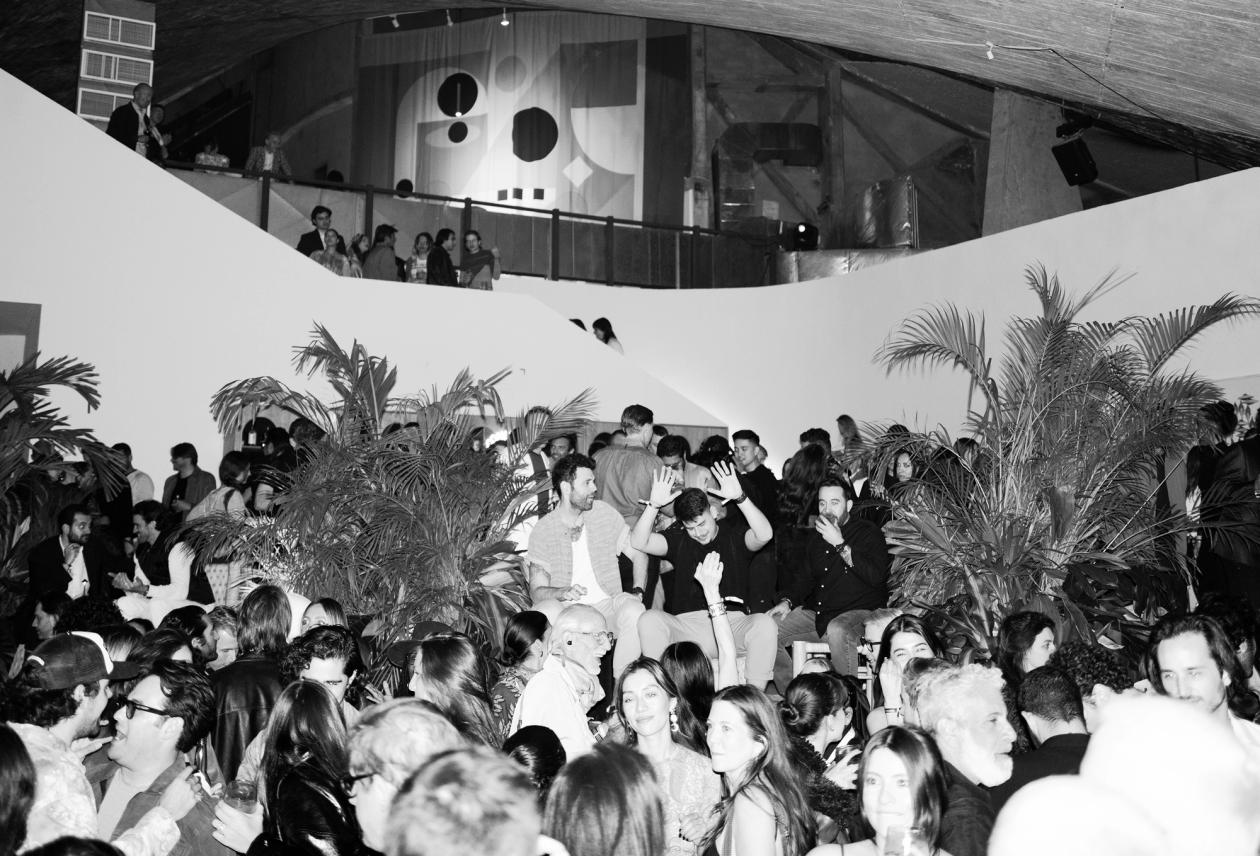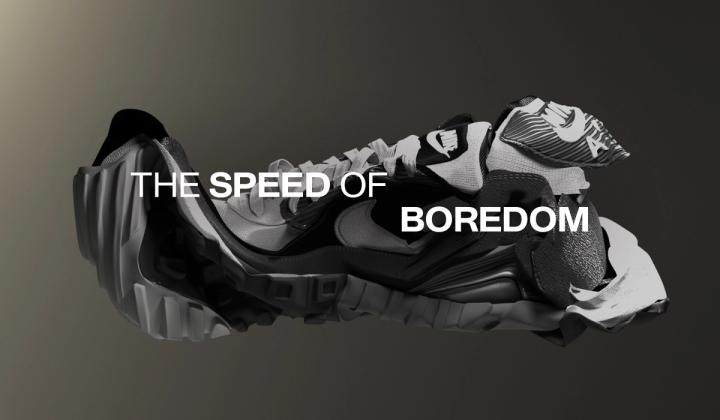
As the speed of boredom is faster than ever, brands trying to be everything to everyone end up being forgettable.
Matte OpEd
Fashion
Culture
Date
8/6/2024
Text
Alex Kropp / VISUALS BY Rene Gibson
Links
Boredom as a Natural State
Modern consumers are naturally bored. It’s not just because of technology; the internet and digital devices have changed how we spend our time and attention. We can access information, entertainment, and social interaction instantly. This might sound great, but it creates a paradox: the more we have, the less satisfied we are. We’re constantly chasing the next thrill because the current one fades almost immediately. Consumers are focused on NOW, not the future. It’s about wanting, not waiting. Capitalism thrives on this cycle. Happiness is just one purchase or swipe away, but the satisfaction from consuming things is always short-lived. This endless cycle of wanting and acquiring, only to be left wanting again, leaves us perpetually bored. Brands, which once led the discourse of inspiration and influence, now struggle to keep up with this accelerated cycle of consumer boredom.

If it ain’t broke fix it anyway
Our brains are wired to find new things more exciting than familiar ones. It’s a fight-or-flight response. We evolved to pay more attention to new, flashy, and potentially dangerous things over familiar ones, which we know aren’t threatening. The era of personal computing and AI has made it exponentially cheaper to create ‘new’ – linking the speed of creation directly to the speed of boredom. The name of the game is innovation and constant progress. If a brand waits until a situation is actually broken, they’ve lost the game.
Watered down Stories
Kat Rosenfield argues in ‘How culture got stupid’ that cultural criticism has shifted from appreciating content’s complexities to scrutinizing it through a lens of political correctness. This has led to a culture where entertainment is judged more by their alignment with current social narratives than their ability to entertain or provoke thought. When a brand's creative decisions are driven by a desire to avoid scrutiny and aim for universal approval, boredom is the result.
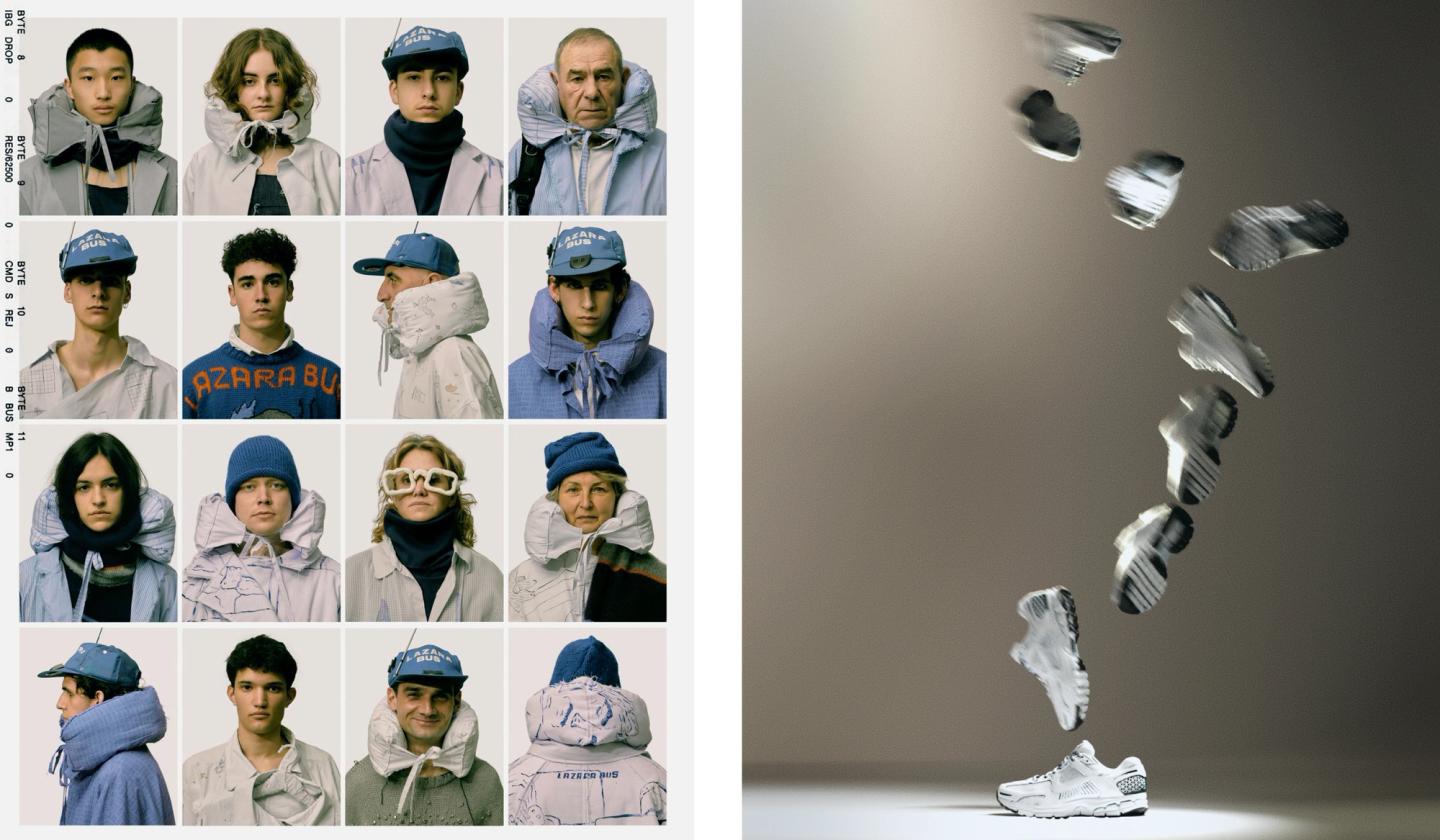
The cost of boredom: Why Brands are going back to “Fu** You” Mode
In a world where Hawk Tuah outlives an assassination attempt neutrality is the enemy of entertainment.
System1 tested over 100,000 ads and found that most ads leave audiences feeling nothing. Neutrality lacks emotional intensity, making ads forgettable. In the average US TV ad, 47% of viewers feel neutral. The problem with boring ads isn’t damage, it’s waste. It costs way more to create the same impact with a boring ad as with an entertaining one.
Happiness is the key driver of commercial success. Ads that evoke positive emotions are more memorable and build stronger brand associations. Even negative emotions can boost short-term sales. The more intense the emotion, the better the ad captures attention and increases brand salience among potential customers. Is this why we’re seeing brands shake off neutrality and passive omnipresence in favor of brutalist comms?
Adidas and Ant Man reintroduced the art of pissing off and took aim at their biggest competitors, sometimes even doing it using Nike’s formula from the Jordan days. They were Ant being Ant, without paying too much attention to being “non-problematic”.
In a world of uncertainty KFC urges audiences to ‘Believe in Chicken’. Will some people hate it? Maybe. But no one could see it and shrug. No neutrality here.
Nike is looking to bounce back by moving away from being everything to everyone in the most provocative way with its Willem Dafoe-narrated “Winning Isn’t for Everyone” campaign. Dafoe already was the voice in the 1996 Olympics ad with the tagline “You don’t win silver, you lose gold,” that sparked similar mixed emotions. Seems like they are going back to Phil Knight’s playbook they seem to have forgotten: “First capture the market for hardcore athletes with innovative performance gear and the casual consumer will follow.”
In a time where the speed of boredom is only matched by the speed of creation, brands can't afford to be neutral. They must risk everything for the audience they know will get it.
Recent Articles
